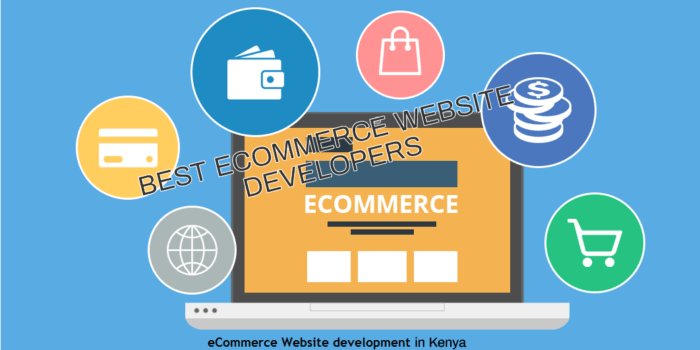In today’s digital age, establishing a strong online presence is vital for businesses looking to thrive in the competitive Kenyan market. With a rapidly growing internet user base, businesses must harness the power of Search Engine Optimization (SEO) to enhance their online visibility and foster sustainable growth. This blog will delve into the significance of SEO in Kenya and how it can serve as a gateway to success for businesses operating in the country.
Understanding the Power of SEO
Search Engine Optimization (SEO) is the process of optimizing a website to rank higher in search engine results, thereby increasing its visibility to potential customers. In Kenya, where internet penetration is rapidly increasing, and the use of search engines like Google is becoming ubiquitous, harnessing the power of SEO becomes crucial for businesses. With millions of searches being conducted daily, SEO presents an opportunity for businesses to connect with their target audience effectively.
Localized SEO Strategies
One of the key elements of successful SEO in Kenya is implementing localized strategies. Understanding the local market, customer preferences, and cultural nuances is essential for tailoring content and keywords that resonate with the Kenyan audience. Local SEO strategies can significantly improve a business’s visibility for location-based searches, such as “website developers in Nairobi” or “digital marketing agencies in Mombasa.
Mobile Optimization
In Kenya, like many other African countries, mobile devices are the primary means of accessing the internet. Therefore, businesses need to ensure that their websites are mobile-friendly and load quickly on smartphones and tablets. Mobile optimization not only enhances user experience but is also a crucial ranking factor in search engines, directly impacting a website’s visibility.
Leveraging Social Media for SEO
Social media platforms play a vital role in the lives of Kenyan internet users. Integrating social media into an SEO strategy can boost online visibility and improve brand recognition. Engaging content, sharing blog posts, and promoting products and services on platforms like Facebook, Twitter, and Instagram can drive traffic to a website, ultimately enhancing its search engine rankings.
Content Marketing and SEO
High-quality content is the backbone of effective SEO. By producing valuable and informative content, businesses can position themselves as industry leaders while also driving organic traffic to their websites. Engaging blog posts, informative articles, and well-crafted landing pages can all contribute to better SEO performance and increased online visibility.
Navigating E-Commerce SEO
For e-commerce businesses in Kenya, SEO is even more critical. With the rise of online shopping and the growth of the digital economy, optimizing product pages, implementing structured data markup, and focusing on user experience can significantly impact online sales. E-commerce SEO strategies can enhance a brand’s online visibility and drive more conversions.
Local Business Directories and Reviews
Kenyan consumers often rely on local business directories and online reviews to make purchasing decisions. Listing a business on popular directories like Google My Business and ensuring positive customer reviews can bolster a company’s reputation and improve its search engine rankings. Moreover, local reviews can foster trust among potential customers and drive foot traffic to physical store locations.
Competitor Analysis
In the highly competitive Kenyan market, understanding the SEO strategies of competitors is essential. Conducting thorough competitor analysis helps identify gaps in the market, spot opportunities for improvement, and stay ahead of the competition. Monitoring competitors’ keywords, content, and backlinks can provide valuable insights to fine-tune your own SEO approach.
Conclusion
In Kenya’s digital landscape, SEO serves as a vital gateway to online visibility and sustainable business growth. By leveraging localized strategies, optimizing for mobile, engaging in content marketing, and tapping into the power of social media and online reviews, businesses can establish a strong online presence and connect with their target audience effectively. Embracing SEO in Kenya is not merely an option; it is a necessity for those looking to thrive in the rapidly evolving digital ecosystem. So, whether you are a startup, an established business, or an e-commerce venture, investing in SEO will undoubtedly yield substantial returns, solidifying your position in the Kenyan market















